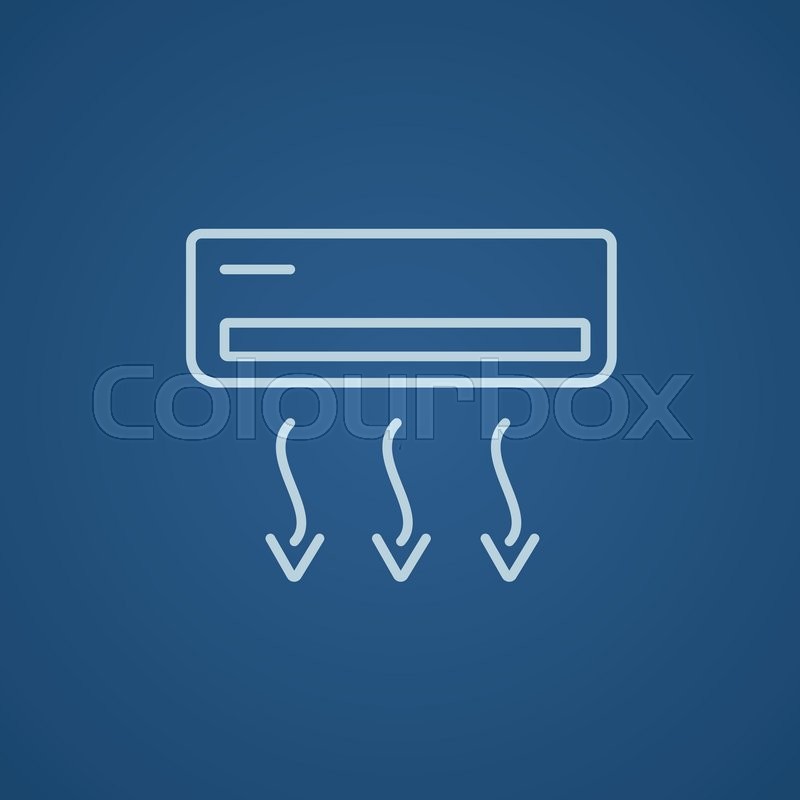Discover Just How To Ensure The Effectiveness And Durability Of Your Heatpump System By Staying Away From Common Installment Mistakes
Discover Just How To Ensure The Effectiveness And Durability Of Your Heatpump System By Staying Away From Common Installment Mistakes
Blog Article
Authored By-Lykke Rankin
When installing a heatpump, you should steer clear of common mistakes that could threaten its performance. Neglecting proper sizing may result in ineffectiveness and higher energy expenses. Ignoring insulation and sealing can result in power waste and strain on the device. Furthermore, placing the outdoor device improperly might affect its efficiency. By preventing these mistakes, you can guarantee ideal functioning and resilience of your heat pump system.
Improper Sizing of Heat Pump
When it comes to the installation of heat pumps, one of the most typical blunders is poorly sizing the system for your space. Making certain the appropriate dimension is vital for ideal efficiency. If the heatpump is too small, it will struggle to heat or cool your room successfully, resulting in increased energy costs and potential deterioration on the unit.
On the other hand, if the heatpump is also huge, it will cycle on and off often, triggering temperature level variations and decreasing its life expectancy.
To avoid this blunder, it's necessary to have a specialist analyze your area and recommend the appropriate size of the heatpump based on variables like square video, insulation, ceiling elevation, and local climate. By investing the time and effort to guarantee the appropriate sizing, you can delight in a comfortable atmosphere while making best use of energy performance and prolonging the life expectancy of your heat pump.
Inadequate Insulation and Sealing
To make sure the effective operation of your heatpump, it's critical to attend to inadequate insulation and sealing in your area. Appropriate insulation helps preserve a regular temperature inside your home, decreasing the workload on your heat pump. aircon cleaning christchurch can cause power loss, making your heat pump work harder and less efficiently.
Sealing any kind of gaps or leaks in your room is similarly important. These spaces permit conditioned air to run away and exterior air to seep in, forcing your heat pump to compensate for the temperature fluctuations.
Inaccurate Placement of Outdoor Device
Dealing with the positioning of your heatpump's outside system is essential to optimizing its performance. Installing the outside device in an inaccurate location can cause performance problems and prospective damages to the system.
https://spencerzrfth.madmouseblog.com/11562610/wondering-just-how-heatpump-operate-check-out-the-workings-of-these-adaptable-systems-and-recognize-the-important-parts-that-add-to-your-home-s-year-round-comfort to avoid is positioning the exterior unit also near to a wall surface or other frameworks. This can restrict air flow, triggering the system to work tougher to warmth or cool your area, inevitably decreasing its efficiency and lifespan.
https://arthurpgwlc.blogdosaga.com/31026634/the-essential-nature-of-ongoing-heat-pump-maintenance-tips-for-homeowners to stay away from is placing the outside system in direct sunlight. While some sunlight is inescapable, extreme exposure can cause getting too hot, particularly during hot summer days. It's ideal to position the outdoor system in a shaded location to help preserve its optimum operating temperature level.
Moreover, ensure that the exterior unit is positioned on a secure and level surface area. Irregular ground can trigger resonances and unnecessary stress on the system, impacting its efficiency with time.
Conclusion
Finally, preventing usual mistakes during heatpump setup is important for making best use of effectiveness and long life of your system. By guaranteeing correct sizing, sufficient insulation, sealing, and appropriate placement of the exterior device, you can avoid concerns such as inefficiencies, raised energy expenses, and strain on the system. Putting in the time to address these crucial factors will ultimately conserve you time and money in the future.
